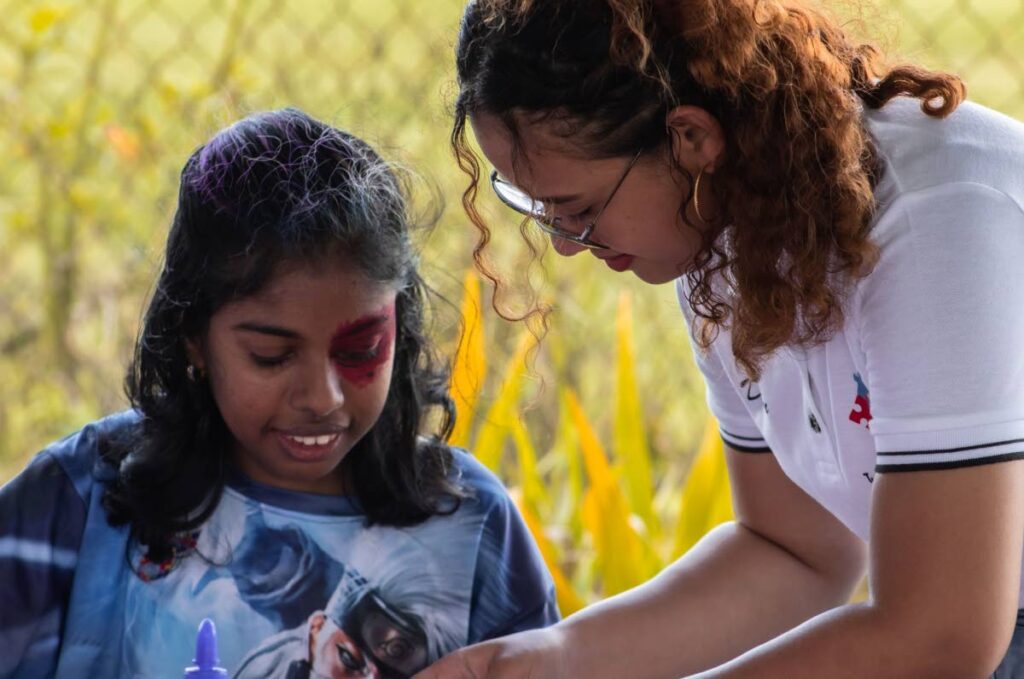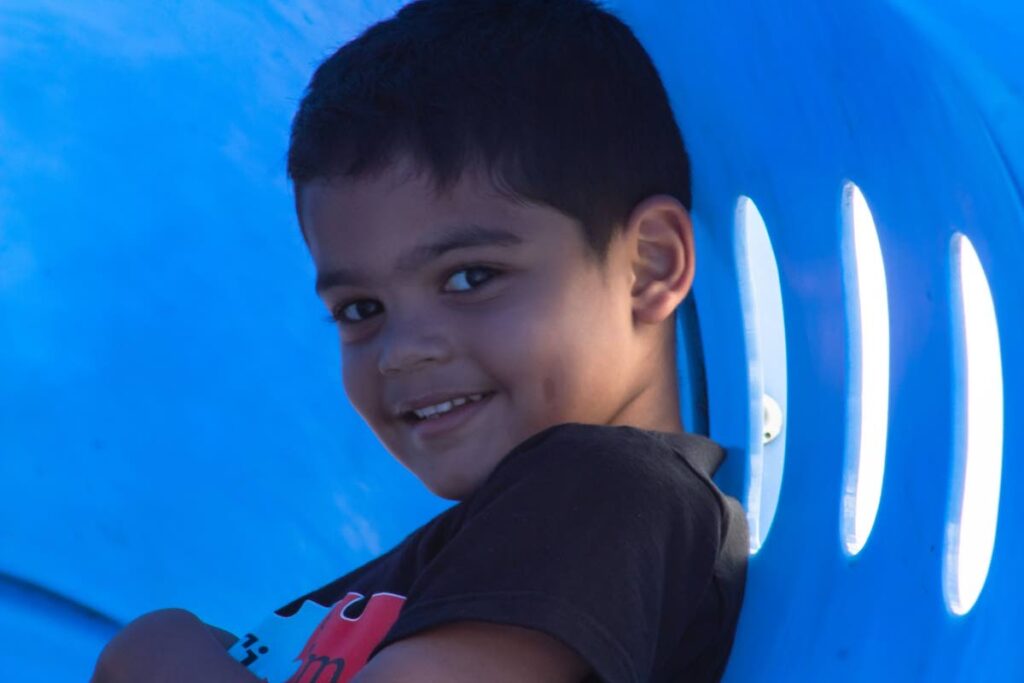Lack of responsibility for Trinidad and Tobago children

DR RADICA MAHASE
In February 2016, Trinidad and Tobago had its first case of Zika. Later that year, the Ministry of Health confirmed the first case of microcephaly caused by the Zika virus and noted that the number of cases might increase. The government announced that these babies would be given the support they needed to help them develop.
Seven years later, parents are still waiting for government to offer support. Can you imagine, a parent actually has to take legal action against the government in order to get help for her child?
Even worse, can you imagine that when that parent has made a successful case against the government, the government is planning to appeal?
This Zika issue is only one case where the TT government has demonstrated a lack of responsibility towards our nation’s children. We have cases where children are being abused in children’s homes, as seen in the Judith Jones report – the government did not take immediate steps to protect the children and remove them from abusive situations. Instead, the homes continue to receive government funding, with the claim that things are being put in place to bring them up to standard.
Meanwhile children remain in abusive environments.
There is also the issue of children with special needs and all disabilities who continue to be treated as second-class citizens, turned away from schools, cannot access grants and have little or no opportunity for development.
Interestingly, while the government continues to treat our children in such an apathetic manner, it boasts of putting in place guidelines such as the National Child Policy, Inclusive Education Policy and the National Policy for Persons with Disabilities.
This Zika win in court clearly demonstrates that these policies are just there to make the government look as if it is actually doing something for those who are vulnerable. In this case the judge noted that there is no evidence that the guidelines or the national policy for the treatment of babies infected with Zika were implemented.
What is even worse is that this parent had to file a Freedom of Information Act request, only to find out the policy was only in the draft stage and was never implemented. Was it ever developed as a full policy?
In this Zika case, the judge noted that this “constituted a breach of the country’s international obligations under the UN Convention on the Rights of the Child and the UN Convention on the Rights of Persons with Disabilities.”
This is significant, as the failure to provide for the development of Zika children is similar to the failure to provide for other children with developmental issues (disabilities/special needs). Is TT therefore not committing this breach every time a government school does not accept a child with a disability, or every time a disability grant is not approved for a child with a disability? Is that not also a breach of the child’s constitutional rights?

Photo courtesy Alex Singh -
It is time that we start to ask the question: why is it we continue to show little serious regard for TT's children? Why is it that we focus on everything that is not important, but never on the real issues as a society?
It appears that this lack of responsibility and lack of accountability is ingrained in our psyche, but in recent times it has become increasingly worse. As a country, as a society, is it that we have become complacent about all the wrongs that are happening in our country?
More often than not, it appears that we do not speak out and speak up and make efforts to change because we do not value our children.
Maybe it’s because we believe that children are to be seen and not heard and once we do not hear them, we can pretend that all is well and ignore the fact that their constitutional needs are not being met.
Certainly, it is important that we take a look at where we are and realise that this nation is not one that values its children, especially those with disabilities. In this Zika case, instead of the government acknowledging its wrongdoings and recognising that it has not catered to the developmental needs of children with Zika, its plan is to appeal – that alone shows the government is not willing to take responsibility for these children.
To change this, we need to change the mentality of the people who are in leadership positions. We need to stop playing political games – politics should never supersede the welfare of our nation’s children. We need to allow children’s voices to be heard – give younger generations an opportunity to be advocates and to voice their concerns from a young age. We need to engage parents and caregivers and to have more collaboration with NGOs which are working on the ground.
Too often the leaders are far removed from the reality of everyday life of vulnerable populations. As we say, until it hit home, yuh doh feel it.
Maybe, as one member of the legal fraternity said, “The fact that the government is planning to appeal shows that it is moving to ensure that they do not open a flood gate of litigations from the disability/special needs communities.
"It is obviously not about the well-being of this one child – the government don’t seem to genuinely care. It is just trying to protect itself at the expense of the child. It will cost more money and time to appeal it, but dragging the matter in court will delay the inevitable of accepting blame. Never mind that it will deprive the child of justice. So ultimately government is showing that it is not responsible for the welfare of TT’s children.”
Radica Mahase is the founder/director of Support Autism T&T

Comments
"Lack of responsibility for Trinidad and Tobago children"